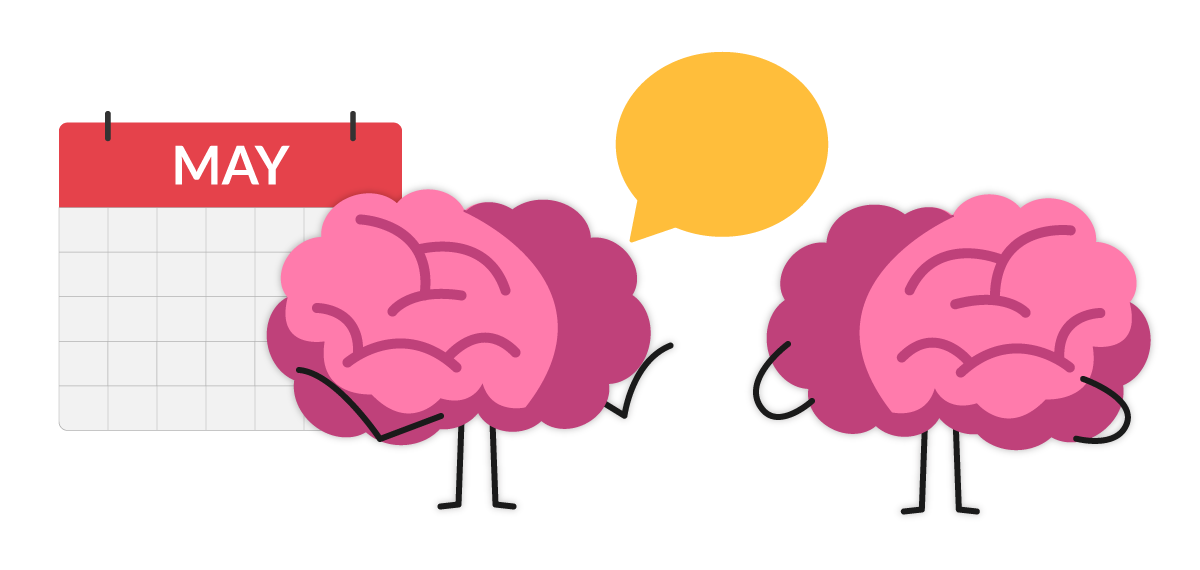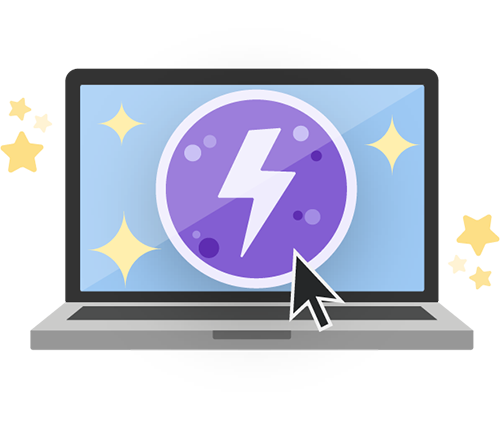5 Ways to Raise Awareness During Mental Health Month
By TherapyNotes, LLC on May 4, 2017


This month is Mental Health Month, which aims to raise awareness for mental health by fighting stigma, providing support, educating the public, and advocating for equal care. As a therapy provider, you work throughout the year to help clients affected by mental health conditions. Expand your reach by joining thousands of individuals and organizations across the country to support, promote, or participate in Mental Health Month.
Here's how:
1. Inspire others to get involved on social media
Facebook, Twitter, LinkedIn, and other social media are great ways to educate others and spread the word about Mental Health Month. Plus, these platforms allow your friends, colleagues, and followers to easily share what you post to increase your outreach.
Use the Mental Health Month social media toolkits from Mental Health America (MHA), the National Alliance on Mental Illness (NAMI), or the National Council for Behavioral Health to plan your social media strategy for May. Post facts, tips, and support on your personal or organizational accounts to get others involved in Mental Health Month.
Whenever you post about mental health, don't forget to use hashtags like #MentalHealthMonth, #MHM, #StigmaFree, or #IntoMentalHealth to be included in the larger conversation about mental health on social media. Hashtags allow your posts and tweets to be included in search results on Facebook and Twitter so that you can reach a wider audience.
2. Encourage open communication about mental health
Invite friends and family to discuss how they are affected by mental health. Hearing people talk honestly about mental illness may encourage others to seek help. They can also share there stories through anonymous outlets such as NAMI's You Are Not Alone or OK2Talk.
3. Share mental health screening tools
Encourage others to take a mental health screening. Refer them to MHA's mental health screening tools or HelpYourselfHelpOthers.org. Offering anonymous screening tools may help individuals recognize their symptoms and begin seeking treatment. If needed, encourage them to start a conversation with a mental health professional about their results.
4. Contact your legislators
With major changes proposed to Medicaid and behavioral health funding by Congress, advocating for mental health is critical. Writing your senators, representatives, and local policymakers can make a huge difference in protecting access to care and securing government funding for behavioral health research and programs. Take action with the National Council for Behavioral Health in their latest policy action, Unite4BH, to tell your legislators why Medicaid is important for your clients, or visit NAMI's Action Center to see more issues that could use your influence.
5. Support advocacy efforts
Organizations like MHA and NAMI offer programs year-round to educate, advocate, and provide support for mental health, from free screening tools to emergency support helplines. For Mental Health Month, support organizations that advocate for mental health awareness and share your efforts to get others involved.
Support the TherapyNotes NAMIWalks team for our local walk on May 6. NAMIWalks is a series of 5K walk events across the country that raise awareness for mental health and funds for NAMI. To learn more or make a donation, visit our team's NAMIWalks page. All donations directly support NAMI in their mission to better the lives of those impacted by mental health conditions, and TherapyNotes will match all donations up to $5,000.
The work you do as a provider is invaluable, and your position as a trusted behavioral health professional can inspire others to get involved. Share this list with your colleagues and inspire others to talk about mental health this May. Let's work together to show everyone that mental health matters!
* The content of this post is intended to serve as general advice and information. It is not to be taken as legal advice and may not account for all rules and regulations in every jurisdiction. For legal advice, please contact an attorney.
Get more content like this, delivered right to your inbox. Subscribe to our newsletter.
More Content You'll Enjoy
The Best Practice Fusion Alternative for Mental Health

Supercharge your Documentation with TherapyFuel!

